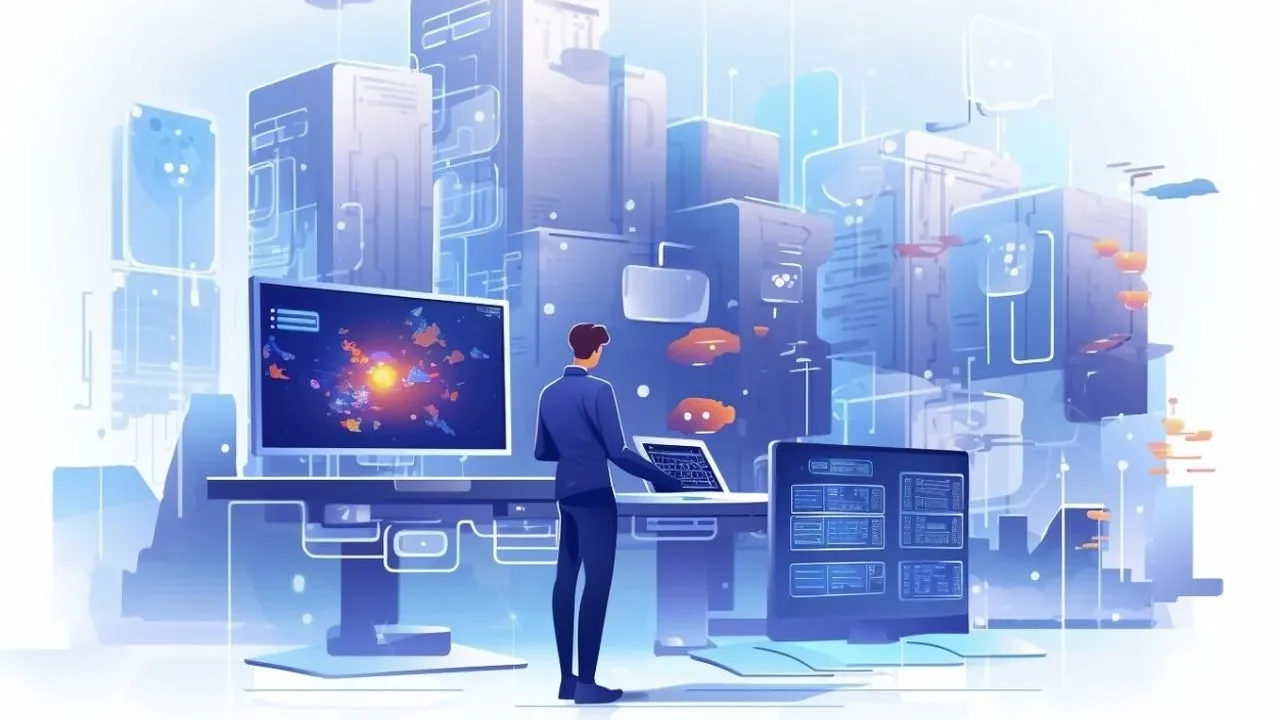Singapore – The entrepreneurial landscape in 2025 is shifting dramatically, with artificial intelligence enabling a new class of founders: the one-person business. These are ventures run without traditional teams, offices, or substantial funding, yet capable of competing with larger firms thanks to AI-driven efficiency. The rise of solo entrepreneurs using AI reflects not only a technological breakthrough but also an economic shift across Asia and beyond.
AI has effectively democratized business-building. Once, launching a company required extensive capital and manpower. Today, tools can automate repetitive tasks, generate actionable insights, and even assist in creative functions like marketing or product design. For aspiring founders in Asia’s rapidly digitizing economies, this presents an unprecedented opportunity to build lean yet scalable enterprises.
The model is simple but powerful: AI functions as an invisible workforce. It manages customer queries, runs analytics, drafts marketing campaigns, and simulates user feedback. This allows solo entrepreneurs to focus on strategy and market positioning while minimizing operational burdens. The implications extend beyond individuals: policymakers and investors across Asia are paying close attention to how AI-powered businesses could redefine labor, innovation, and growth.
One core strength of AI is its ability to transform ideation into execution quickly. By analyzing industry trends and identifying gaps, AI tools can recommend business models tailored to an entrepreneur’s skills. From validating pricing strategies to predicting customer behavior, these insights reduce risk and improve decision-making, offering a competitive edge that once required dedicated research teams.
The scaling potential is equally striking. In Southeast Asia, where micro and small enterprises dominate, AI adoption could allow small ventures to expand without proportional increases in cost or staff. This aligns with broader regional strategies to foster digital economies and encourage entrepreneurship as engines of inclusive growth. Governments from Jakarta to Manila are already exploring how to support AI-powered small businesses with training, financing, and regulatory frameworks.
For many, the appeal also lies in accessibility. AI removes traditional barriers such as lack of design skills or limited capital. A founder can produce professional-grade marketing assets, iterate on product prototypes, or even manage complex workflows through no-code platforms. This empowers individuals who may not come from established entrepreneurial backgrounds to compete globally.
The broader trend suggests a dual narrative: on the one hand, AI is empowering individuals to achieve independence and flexibility; on the other, it raises questions about how economies will adapt to workforces increasingly supplemented—or even replaced—by intelligent systems. For Asia, the rise of one-person AI businesses may reshape not only the entrepreneurial ecosystem but also labor markets and policy debates around innovation and equity.
The message is clear: in 2025, thriving as a solo entrepreneur is no longer a fantasy. With AI as a partner, one-person businesses are proving they can innovate, scale, and sustain growth, setting the stage for a new era of digital-first, AI-enabled economic participation across the region.









